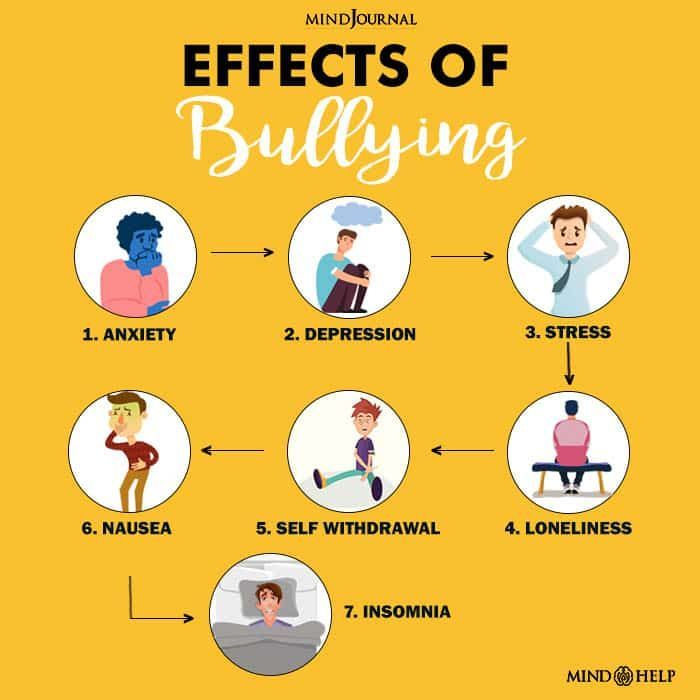Acknowledgements
Starting off, Schnoodles [Kian], I cannot begin to express my deepest gratitude for your valuable inputs in class. With the diversity that you bring to the class and the unique (somewhat) advice you give in order to improve my essays, I can guarantee that my essay average went from an 80 to a strong 82. Partner writes with you have always been fun since you bring unique analysis into our writing. Dhruv, where do I even begin, your constant reminders to put my cellular device away has really saved me from a lot of trouble. For all the times you helped me through my assignments when I didn’t know what was going on, for all the times that you decided to be my partner knowing that you were getting yourself into a mess, thank you. Collaborating with you has always been a learning experience for me. Mithun, I really have to thank you for making me laugh almost every day at the sheer stupidity of your comments. Granted you still have those moments where you shine through and show your i...





